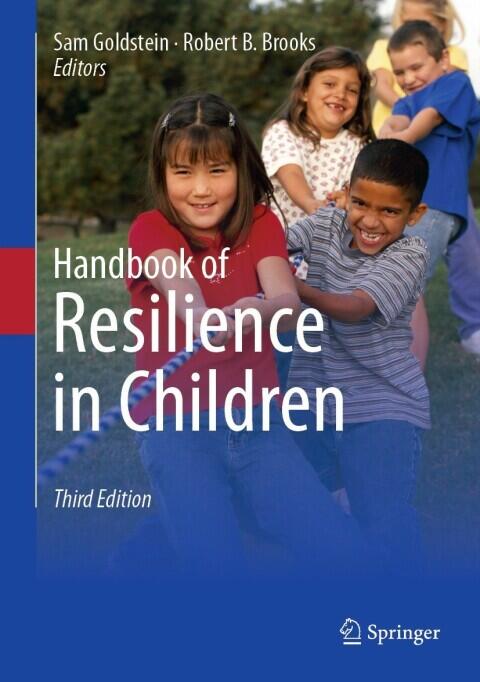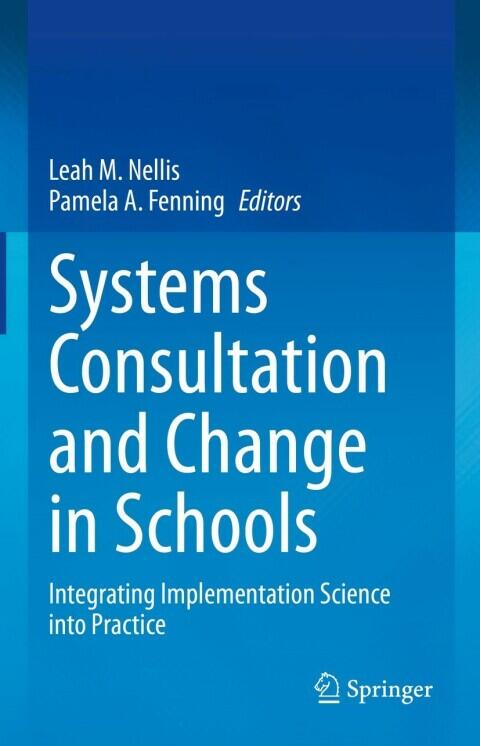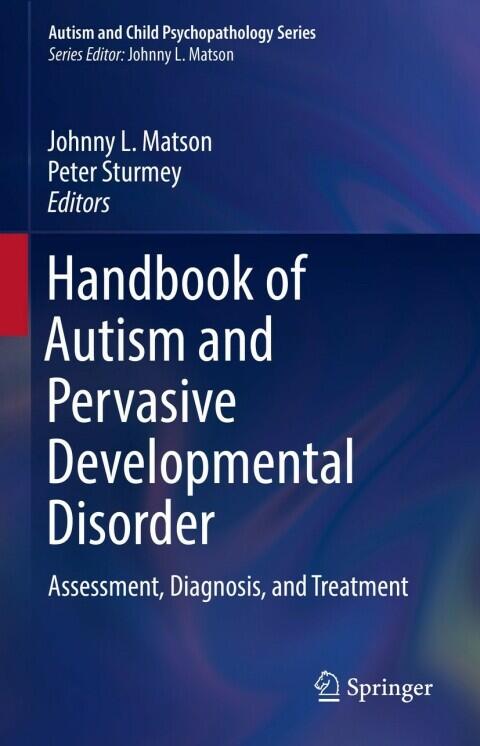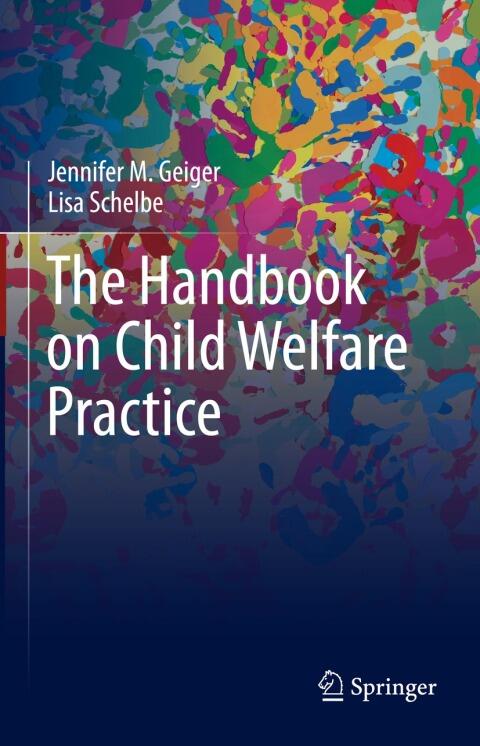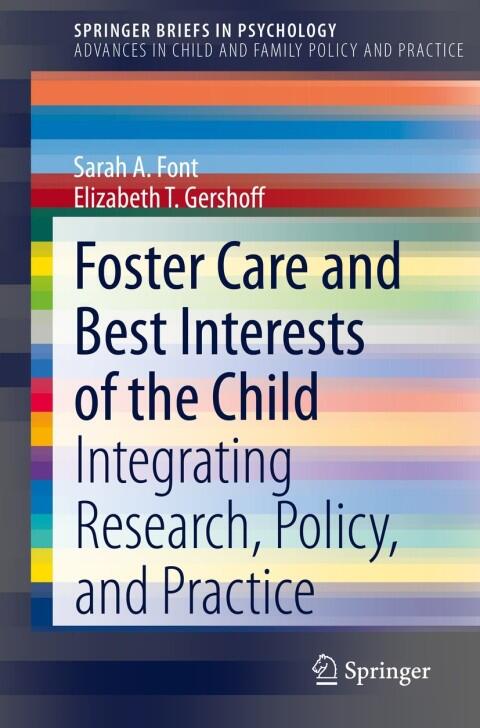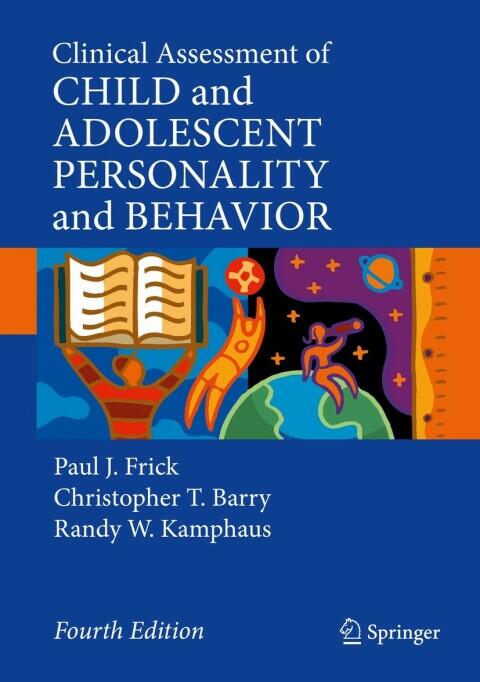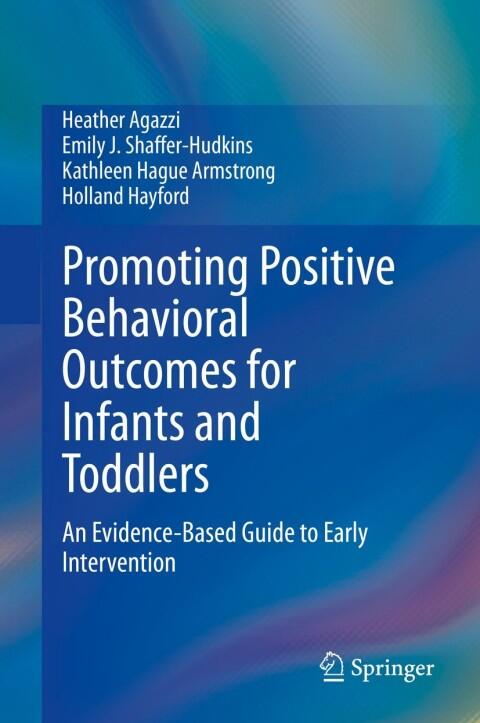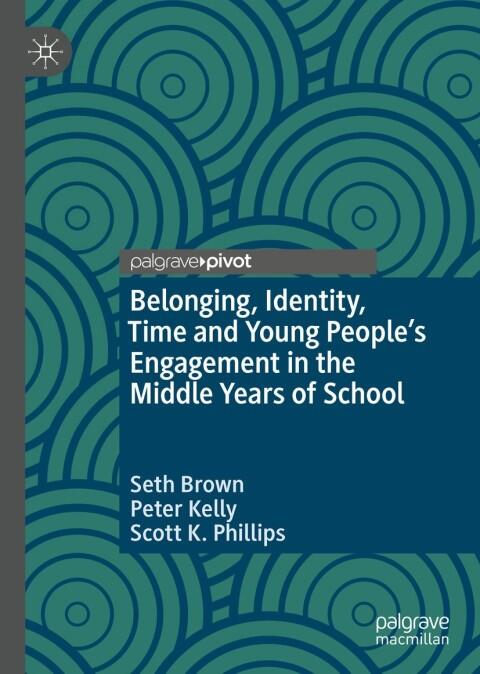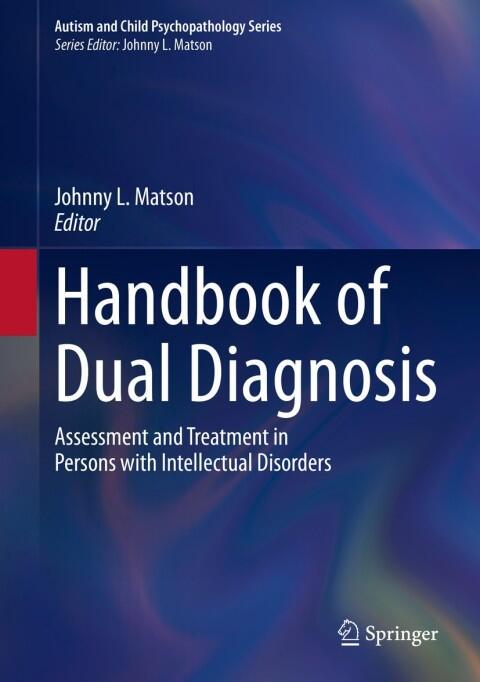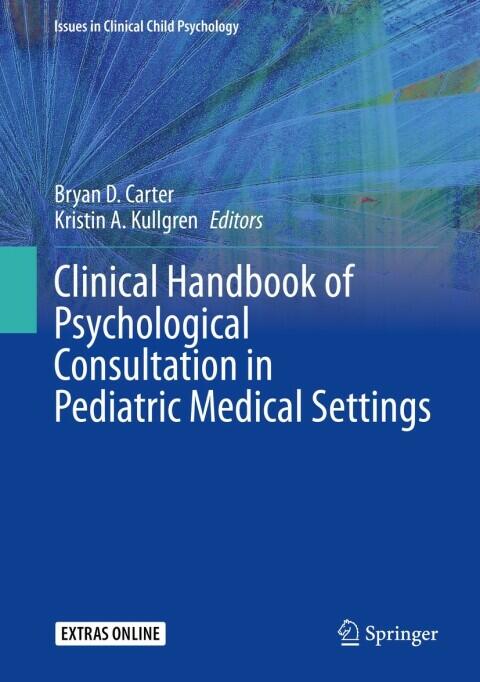
Clinical Handbook of Psychological Consultation in Pediatric Medical Settings
によって
Bryan D. Carter; Kristin A. Kullgren
まだ評価がありません
Young Adult
Children’s
Health & Wellness
形式
キンドル
ページ数
1,211
言語
ドイツ語
公開されました
Jan 1, 2020
出版社
Springer
版
1st ed. 2020
ISBN-10
3030355985
ISBN-13
9783030355982
説明
This comprehensive handbook delves into the critical role of psychological consultation within pediatric medical environments, highlighting the interplay between mental health and physical well-being in children. It articulates the growing need for psychological services integrated into pediatric care, emphasizing how child psychology can enhance treatment outcomes for various medical conditions.
The authors, Bryan D. Carter and Kristin A. Kullgren, provide insights into effective collaboration among healthcare professionals, psychologists, and families. They outline key strategies for addressing the psychological needs of young patients, fostering an understanding of how psychological factors can influence medical conditions and vice versa. Through detailed case studies and practical examples, readers can grasp the real-world applications of these concepts.
Furthermore, the handbook explores the complexities of pediatric patient populations, including developmental considerations and unique challenges faced by children with chronic or acute health issues. It serves as a valuable resource for practitioners looking to expand their knowledge and improve their collaborative efforts in multi-disciplinary settings.
Overall, this work serves not only as a guide for practitioners in pediatric consultation-liaison psychology but also as an essential resource for anyone interested in the intersection of physical and mental health in children. Through its in-depth discussions and research-backed strategies, it underscores the importance of addressing psychological health to achieve comprehensive care for young patients.
The authors, Bryan D. Carter and Kristin A. Kullgren, provide insights into effective collaboration among healthcare professionals, psychologists, and families. They outline key strategies for addressing the psychological needs of young patients, fostering an understanding of how psychological factors can influence medical conditions and vice versa. Through detailed case studies and practical examples, readers can grasp the real-world applications of these concepts.
Furthermore, the handbook explores the complexities of pediatric patient populations, including developmental considerations and unique challenges faced by children with chronic or acute health issues. It serves as a valuable resource for practitioners looking to expand their knowledge and improve their collaborative efforts in multi-disciplinary settings.
Overall, this work serves not only as a guide for practitioners in pediatric consultation-liaison psychology but also as an essential resource for anyone interested in the intersection of physical and mental health in children. Through its in-depth discussions and research-backed strategies, it underscores the importance of addressing psychological health to achieve comprehensive care for young patients.
